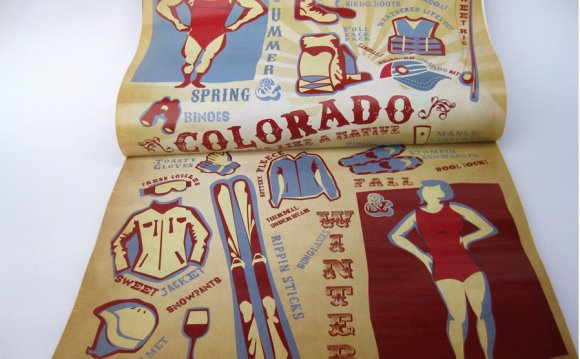
 That guy because of the goofy smile? He's from Ohio.
That guy because of the goofy smile? He's from Ohio.
Photo by Theo Stroomer/Getty Images
Marijuana, i know you will end up amazed to understand, seems to be quite well-liked by tourists. Colorado’s division of Revenue is going with an interesting brand-new report that estimates statewide need for legalized cannabis, which concludes that out-of-towners will digest 8.9 metric tons of the medicine in 2014. That’s but a dime case compared to the 121.4 metric tons locals will buy. But those state natives remain mostly buying health pot. With regards to the retail product sales having grabbed the nation’s attention, visitors are driving more demand. Through the report (emphasis included):
Using a combination of product sales tax bill information, point-of-sale statistics, and information from county traveler offices, it is possible to impute customer need. For instance, we estimate that purchases by out-of-state visitors currently represent about 44 per cent of metro location retail product sales and about 90 per cent of retail sales in greatly visited hill communities. Visitor demand is many widespread when you look at the state’s hill counties, in which combined health and retail cannabis product sales more than doubled after retail product sales had been legalized in January, 2014. In comparison, Front Range metropolitan combined product sales just increased between 15 and 19 percent on the exact same period.To duplicate, tourists are responsible for 90 percent of retail marijuana product sales in resort towns, and nearly half in significant metro areas.
For legalization supporters in Colorado, those interlopers can be a godsend. As Walt Hickey has actually written at FiveThirtyEight, an element of the sales pitch for legalizing marijuana was so it is a whole new way to obtain tax revenue. Certainly, their state gathered about $4.8 million well worth of cannabis product sales taxes in June, mainly as a result of retail pot, which is taxed at an increased price than health product sales.
However, this increases an appealing concern. In that case most of the need is coming from tourists, you need to wonder: What will take place if other states follow Colorado’s lead and legalize? Presumably, it might mean a lot fewer site visitors producing a lot fewer product sales fees. Accidentally, then, Colorado can be demonstrating the restrictions of retail grass as a tax resource, about whenever locals can still get a medical card with general simplicity.
Event security guards los angeles. Assertive security bigguysagency.com.








